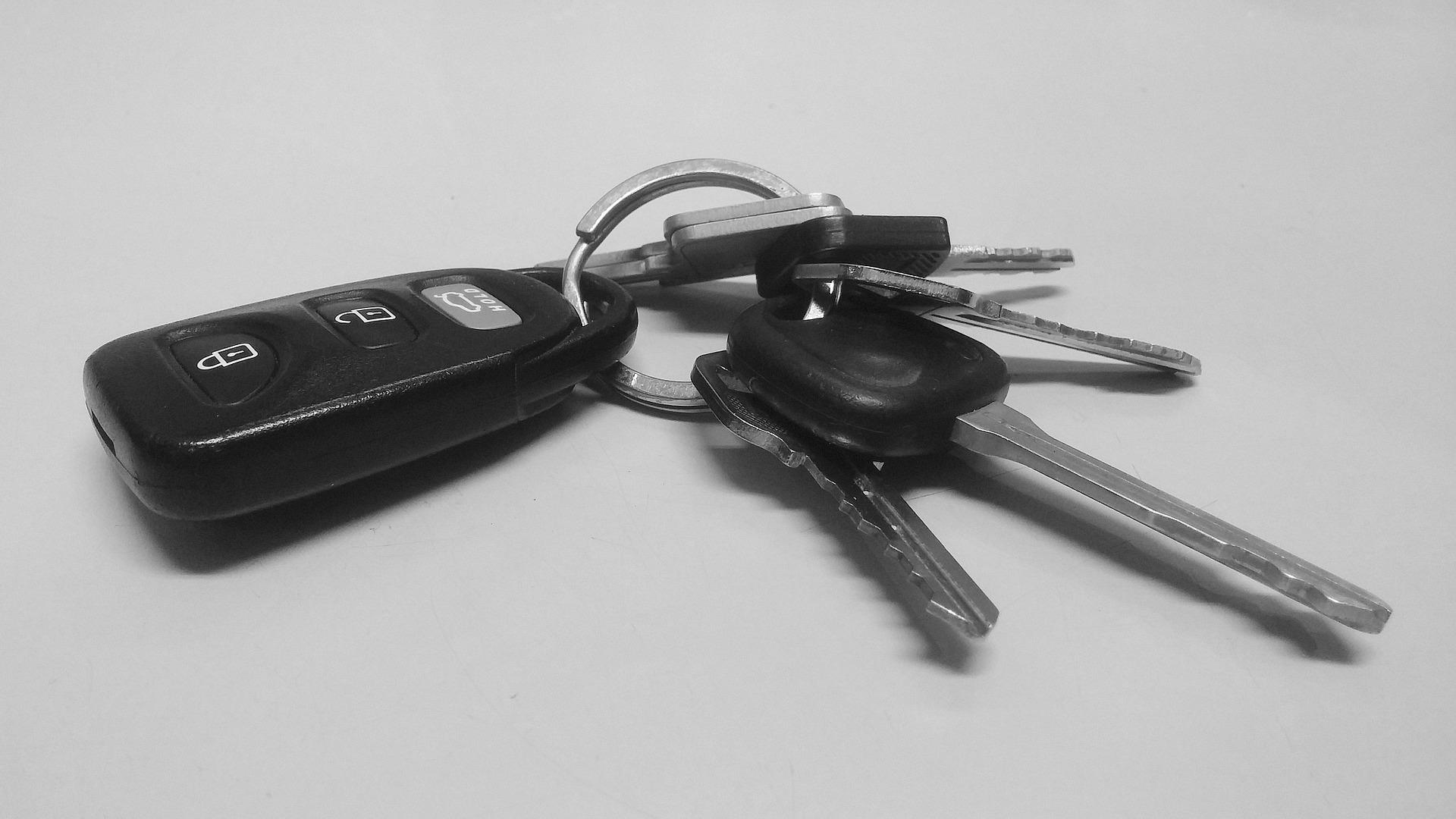
Most new vehicles on the market come with keyless entry systems that use a “smart key” to lock and unlock their doors, trunk, or tailgate and start the car from afar.
But while these smart keys have made starting, locking, and unlocking your car more accessible than ever, thieves have figured out a way to commandeer the technology to steal cars. They do this using a system called a “relay attack.”
To avoid becoming a victim of this kind of theft, you can take steps to protect your vehicle.
The fob weakness
Modern key fobs are electronically linked to our vehicles, and they communicate using a low-energy wireless signal. When the driver is near their car, and the car validates the fob signal, the fob can unlock the vehicle and, once inside, start it simply by the driver pressing a dashboard button.
And when the car is parked and locked, it is constantly scanning to detect a signal from the fob linked to it. Upon detection, it grants access to the locks and ignition.
But these systems have a weakness that criminals can take advantage of using a relay attack. Thieves use specialized electronic equipment that can locate and amplify the signals of your fob to another device that impersonates your key. It takes a thief and an accomplice to pull these thefts off.
One has to be near you and your key fob, and, using their equipment, they can detect the fob signal, amplify it and transmit it over a significant distance to a device that the thief has near your car. This device can then mimic your fob, and the car will allow the thief to open the doors and start the ignition.
In other words, these devices bridge the gap in proximity to fool your vehicle into thinking its fob is just a foot or two away, even if it’s not.
Thieves can carry out a relay attack in your driveway by sniffing out a signal from the key fob in your home. Or they can stake out a parking lot and target a vehicle; one of the criminals follows you into the store, hijacks your fob signal, and transmits it to their accomplice, who is in the parking lot next to your car.
How to protect your car
Fortunately, you can take steps to reduce the chances of having your fob signal intercepted and used to steal your vehicle:
- When at home, park your car in the garage, or install security cameras if you park in the driveway.
- Don’t leave your car keys near your front door at home. Keep them further inside the house to make it harder for anyone outside to tap into the signal.
- When outside, park in a well-lit area near security cameras or a high-traffic area.
- Buy an RFID signal-blocking pouch, which looks like a small leather sachet but blocks the fob’s signals, making it difficult or impossible for signal-amplifying equipment to read.
- Store your fob in a metal container, like a can or toolbox, which can help block the signal.
